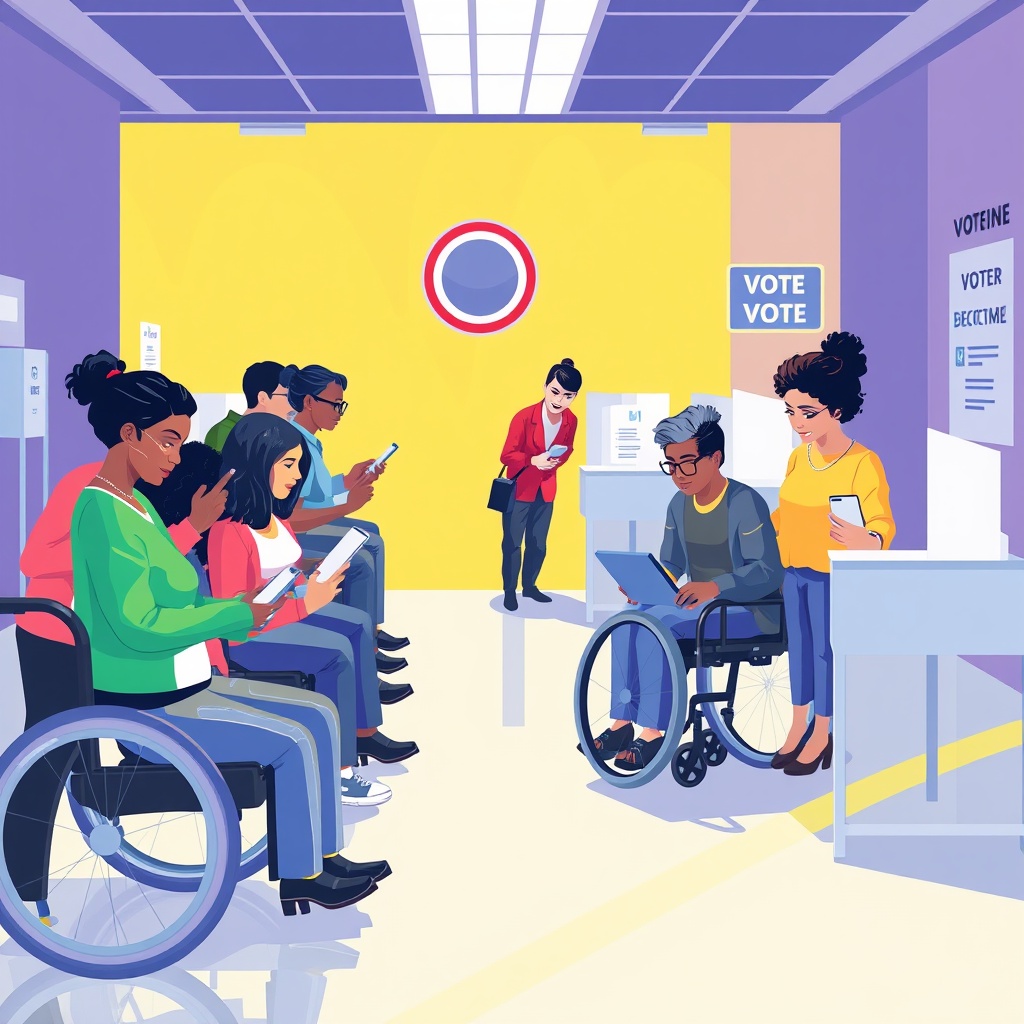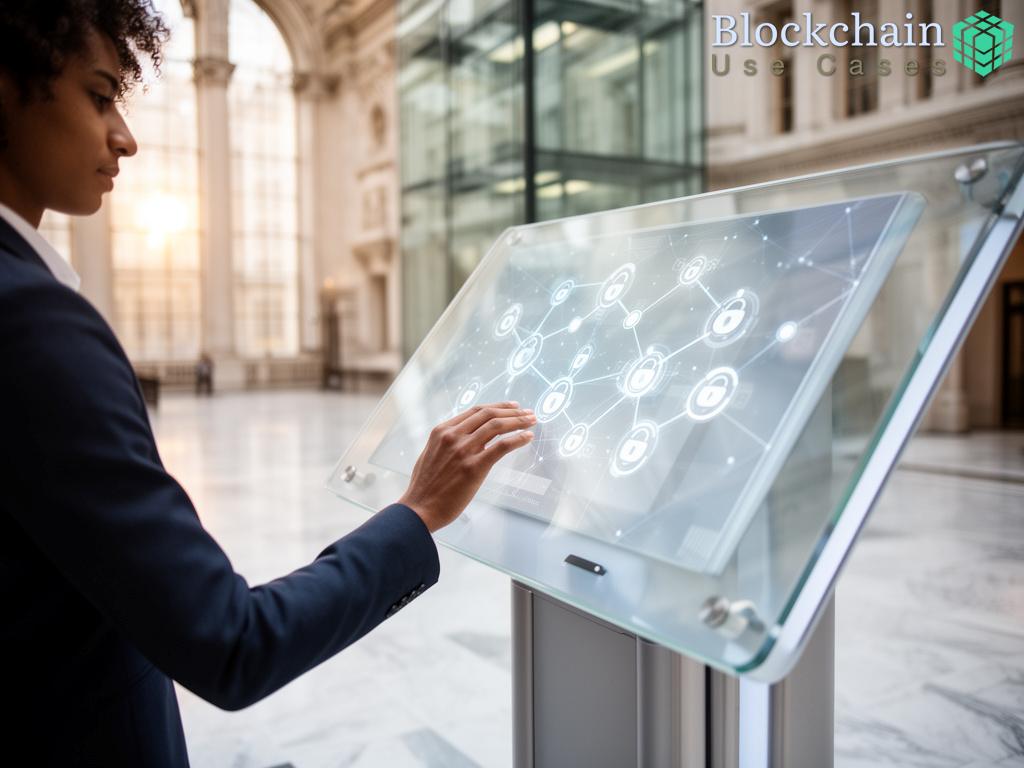The Challenge of Accessibility in Voting
Voting is a fundamental right, yet many individuals with disabilities face significant barriers when trying to participate in elections. Traditional voting methods often overlook the unique needs of these voters, resulting in disenfranchisement and a lack of representation. The technological advancements in recent years have paved the way for innovative solutions, one of which is blockchain technology. This article explores how blockchain can transform the voting experience for disabled individuals, ensuring that everyone has a voice in the democratic process.
How Blockchain Technology Works for Voter Accessibility
Blockchain technology operates on a decentralized ledger system that records transactions across many computers securely. This transparency and security can be harnessed to create an accessible voting system. By utilizing blockchain, we can ensure that every vote is counted accurately while providing a user-friendly interface that caters specifically to the needs of disabled voters.
Here are some key features of blockchain that enhance accessibility:
- Remote Voting Capabilities: Disabled voters can cast their ballots from home, eliminating the need for physical travel to polling places.
- Secure and Private Voting: Blockchain ensures that votes are tamper-proof and confidential, addressing privacy concerns.
- User-Friendly Interfaces: Applications built on blockchain can be designed with accessibility features, such as voice commands and screen readers.
- Real-Time Assistance: Voters can access help through chatbots or support systems integrated into the voting platform.
A Path Forward: Implementing Blockchain for Future Elections
While the benefits of blockchain technology for disabled voters are clear, implementing such a system requires collaboration among technology developers, policymakers, and advocacy groups. It is essential to create a framework that not only adopts blockchain but also prioritizes inclusivity. This collaboration will help address various challenges, such as legal regulations, technological infrastructure, and public trust.
By embracing blockchain, we can pave the way toward a more inclusive democratic process, where every citizen, regardless of ability, has the opportunity to participate fully in shaping their community and country.





